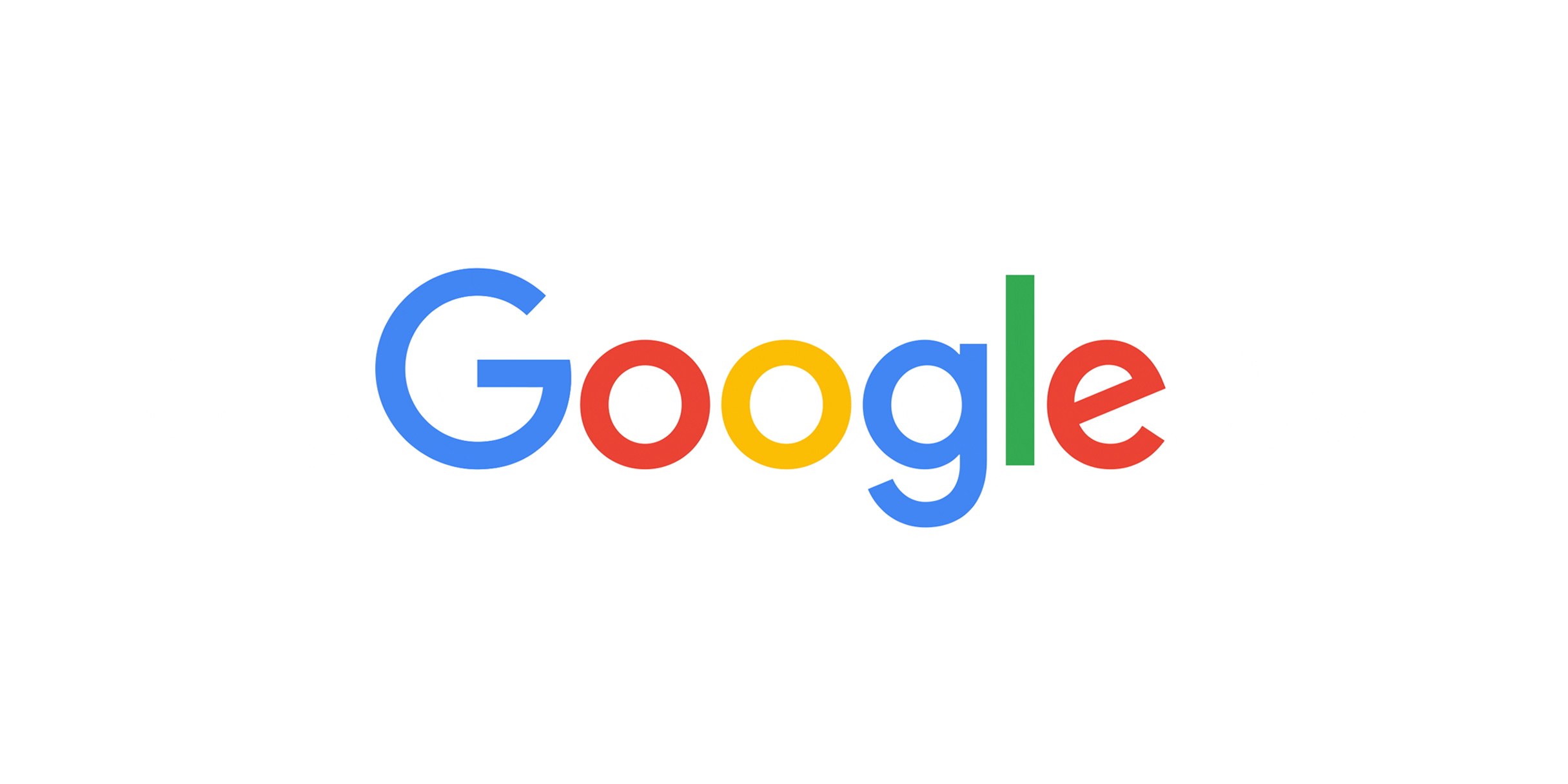Paying for content: Google ties up with some publications
New feature in pilot phase

Google, which is under fire for seemingly undercutting publishers and news outlets, is looking desperately to erase that image. In June, Google announced a news-content licensing program to "pay publishers for high-quality content for a new news experience launching later this year.”
Quite simply, it said that it was ready to pay for content in a putative feature in Google News and Discover.
Keeping in line with that assurance, Google has now come up with a new licensing program through which it will work with select publications. Google has revealed the names of 10 German and Brazilian publications with which it work and test out the new features.
"The goal of this project is to create something that gives readers more context and journalistic perspective on news stories as well as helps publishers’ distinct editorial voices shine through," Brad Bender, VP Product Management, News, Google said.
Publishers taking part in this early access program include ZEIT ONLINE, Der Spiegel, Tagesspiegel, Frankfurter Allgemeine Zeitung, Ippen Media Group and Rheinische Post in Germany and Estado de Minas, A Gazeta, Correio Braziliense and UOL in Brazil.
This project will see "new partners in additional countries in the coming weeks."
- Google algorithms must be scrutinised by SEO expert, says UK judge
- Google builds massive digital newspaper archive
- Movie studios furious with Google ads
Still in testing stage
The program, which Google confirmed will see "full launch later this year", is still in its testing stage and will make its way to Google News and Discover.
Get daily insight, inspiration and deals in your inbox
Sign up for breaking news, reviews, opinion, top tech deals, and more.
Google said, "participating publishers are testing publisher tools, evaluating technical integrations and ensuring different templates enhance the ways they bring stories to their readers."
Interestingly, this project also takes into account paywalled news content. "We’re also discussing paywall integrations, where Google would pay for free access to allow readers to read articles on a publisher’s site. This will help paywalled publishers grow their audience and deepen their relationship with readers," Google said.
Google's idea is to ensure that readers "know who is behind the news and find publications they respect. That’s why we’re making sure this product strongly reflects the publishers’ brand, while still creating a cohesive news experience."
Sebastian Horn, Deputy Editor of ZEIT ONLINE, was quoted as saying, "vollaborating with Google on this new project allows us to bring the best of ZEIT ONLINE’s journalism to new audiences across Google's products and to do what our readers trust us to do best–provide them with the most relevant news and the best in-depth analysis on current topics.“
Google under pressure
While Google's initiative is welcome, but it should be let known that there are criticisms too. There are already concerns that only some handpicked publishers get recognition, and in general the amount paid is not enough. The industry wants legal backing to such initiatives and have an across-the-board plan. In India, publishers want Google and others to share ad revenues too.
Also, it should be noted that Google is making this announcement after there has been a hue and cry in many country that the search giant is basically poaching publishers for the news content it links to. Australia recently unveiled plans to force tech platforms to help pay for the free content they profit from. In April, France’s competition authority ordered Google to pay for content from French publishers.
Via: Google

Over three decades as a journalist covering current affairs, politics, sports and now technology. Former Editor of News Today, writer of humour columns across publications and a hardcore cricket and cinema enthusiast. He writes about technology trends and suggest movies and shows to watch on OTT platforms.